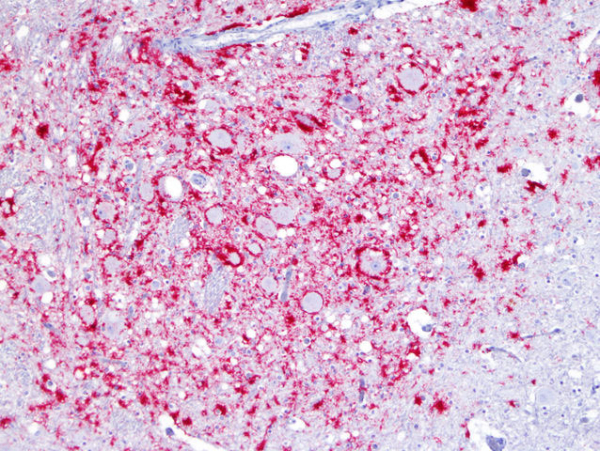MI DNR to answer questions about CWD in Mecosta County at Feb. 22 town hall meeting
The Michigan departments of Natural Resources (DNR) and Agriculture and Rural Development (MDARD) recently announced the finding of chronic wasting disease (CWD) in a Mecosta County deer farm facility.
There are two upcoming opportunities for interested landowners, hunters and deer farmers to get the latest information and ask questions about this finding:
For deer farmers – Wednesday, Feb. 1
MDARD will hold a meeting at 7 p.m. at the Big Rapids Holiday Inn, 1005 Perry Ave., Big Rapids.
For hunters and area landowners – Wednesday, Feb. 22
The DNR will host a town hall meeting from 6 to 8 p.m. at the Morley Stanwood High School Cafetorium, 4700 Northland Drive, Morley.
At the Feb. 22 meeting, local DNR wildlife biologist Pete Kailing, DNR deer management specialist Chad Stewart and DNR wildlife veterinarian Kelly Straka will present information on CWD, its effects on deer and deer populations, and the DNR’s CWD response to date. Following presentations, the panel will welcome questions.
“I have been getting many calls from hunters from the area, who want to understand our next steps,” said Stewart. “We scheduled our meeting a few weeks out in order to be able to share the most complete information available. When battling a disease like CWD, it is critical that local hunters and landowners are on board to help with the fight. We are thankful for the great cooperation we have received so far.”
CWD affects members of the deer family, including elk and moose. It is caused by the transmission of infectious, self-multiplying proteins (prions) contained in saliva and other body fluids of infected animals.
To date, there is no evidence the disease presents any risk to non-cervids including humans, either through contact with an infected animal or from handling venison. As a precaution, the Centers for Disease Control and Prevention and the World Health Organization recommend infected animals not be consumed as food by either humans or domestic animals.
To learn more about CWD, visit www.michigan.gov/cwd.





